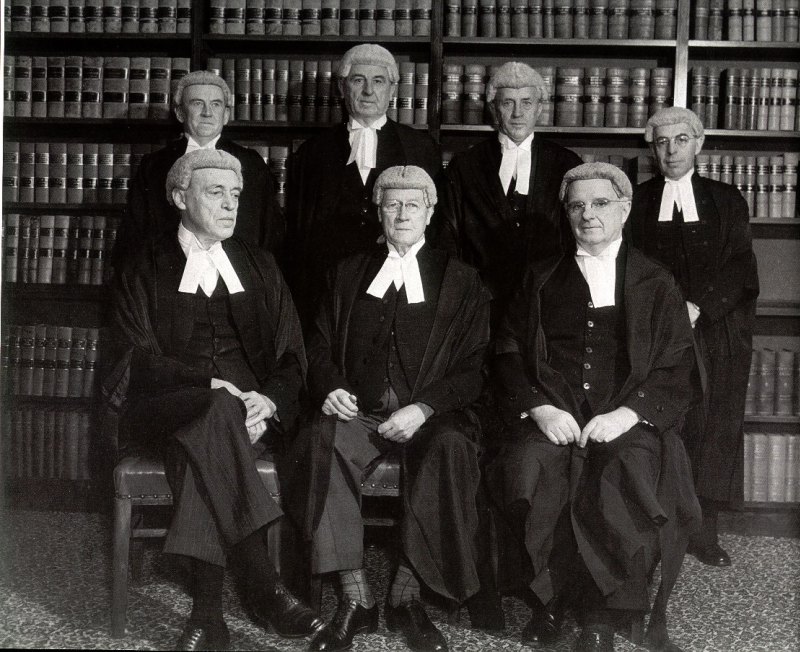According to a recent study by Sutton Trust, more than three quarters of top judges and 70% of QCs have benefited from studying at a private school. Their analysis revealed that high-fliers in the field of law were about 10 times more likely to have gone to an independent school than those who did not.
Only 7% of the population has attended an independent school, here are some of the sectors where privately educated individuals excel.

Politics
Approximately 33% of members of parliament in the UK went to a private school and 25% were educated at Oxbridge. By comparison only 1% of the general public gain a place at Oxbridge. Whilst almost 90% of the public have attended a comprehensive school, only 40% of the MPs have done so. Comprehensive education is not found to be evenly shared across parties, however; 60% of Labour MPs went to a comprehensive school, compared to just 26% of Conservatives and 30% of Liberal Democrats.
Media
As judged by the Sutton Trust, the proportion of the top 100 media professionals who went to private schools had increased from 47% in 1986 to 54% in 2014. During this time, the media profession has also become dominated by university graduates, with 90% of them having attended. In fact, BBC executives, broadsheet columnists and tabloid columnists are the most likely to be educated in private schools compared to the general population.
Judiciary, Senior Military Office and the Police
The Judiciary is probably the most elitist profession in any country around the world and a huge proportion of their number were students at a private school. More than 70% of judges and 62% of senior armed forces officers were educated in private schools; three quarters of the remainder attended grammar schools. A more typical spread of education background is seen in the police, crime commission, constabulary and general law enforcement sectors.
Pop Stars and Footballers
Among other professions, pop stars are probably the most socially diverse. Artists who have had one of the top selling albums are more likely educated in a private educational institution than the less popular ones. More than a fifth of musicians were found to be privately educated, which is actually higher than the proportion of university vice-chancellors.
When it comes to sport at the highest level, footballers are more representative than cricketers or rugby players. Remarkably in England, for example, 13% of its national football team was privately educated.
Elsewhere
Privately educated people feature highly in the Sunday Times rich list.
22% of FTSE 350 CEOs were privately educated, but this proportion is the same as that of pop stars.
These figures clearly demonstrate that those who are educated privately will benefit from greater career opportunities.
